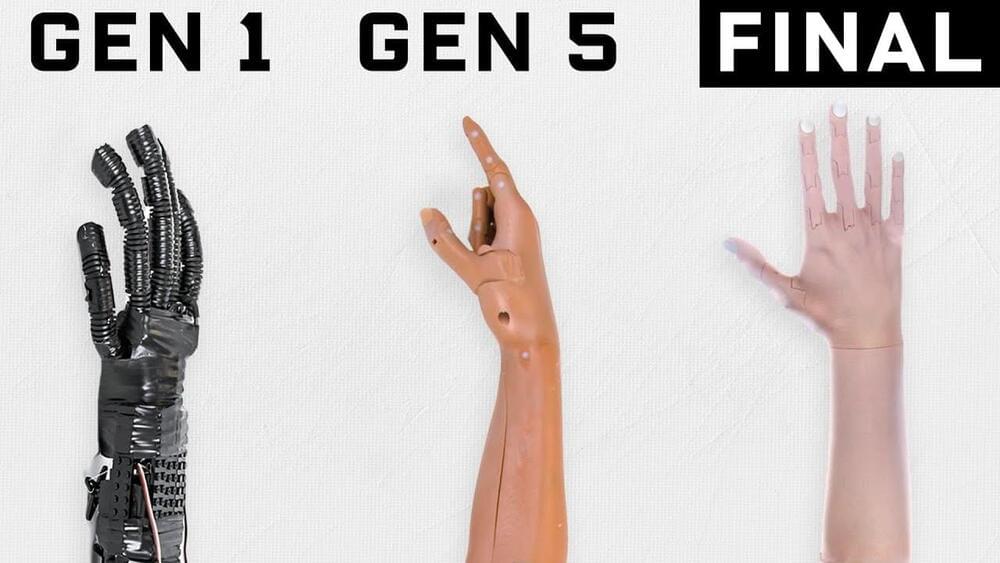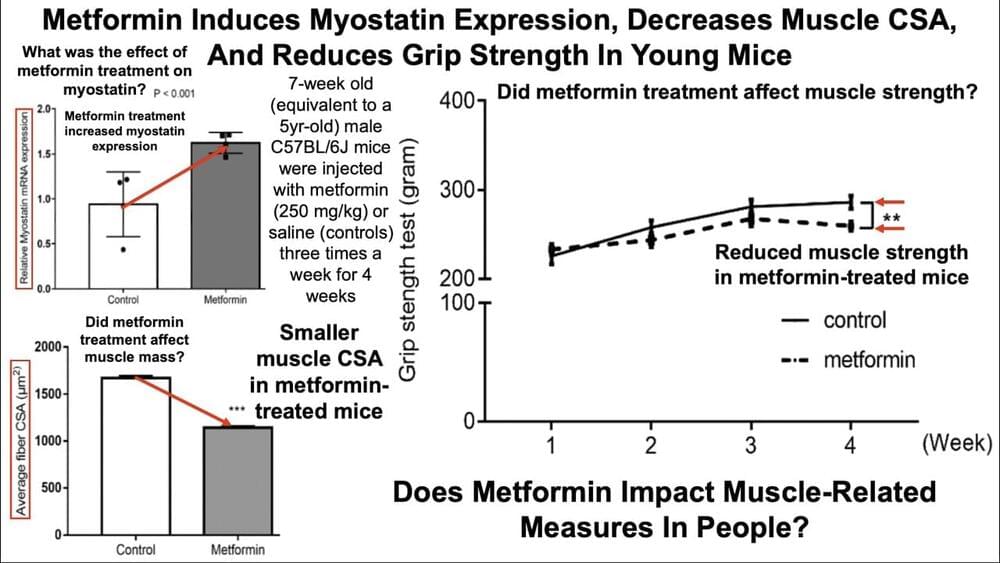Story continues below This advertisement has not loaded yet, but your article continues below.
Category: biotech/medical
The TechCrunch Global Affairs Project examines the increasingly intertwined relationship between the tech sector and global politics.
Criminals have a long history of conducting cyber espionage on China’s behalf. Protected from prosecution by their affiliation with China’s Ministry of State Security (MSS), criminals turned government hackers conduct many of China’s espionage operations. Alarming as it may sound, this is not a new phenomenon. An indictment issued by the U.S. Department of Justice last year, for example, indicated that the simultaneous criminal-espionage activity of two Chinese hackers went back as far as 2009. In another case, FireEye, a cybersecurity company, alleges that APT41, a separate cohort of MSS hackers, began as a criminal outfit in 2012 and transitioned to concurrently conducting state espionage from 2014 onward. But there’s reason to believe that since then, China has been laying the groundwork for change.
A spate of policies beginning in 2015 put China in a position to replace contracted criminals with new blood from universities. The CCP’s first effort in 2015 was to standardize university cybersecurity degrees by taking inspiration from the United States’ National Initiative for Cybersecurity Education — a NIST framework for improving the U.S. talent pipeline. One year later, China announced the construction of a new National Cybersecurity Talent and Innovation Base in Wuhan. Including all of the Base’s components, it is capable of training and certifying 70,000 people a year in cybersecurity.
Pfizer has pledged a shipment of its experimental antiviral COVID-19 pill to Israel, according to a Saturday television report, a week after the US drugmaker said it was engaged in “active discussion” with 90 countries regarding the coronavirus medication.
Prime Minister Naftali Bennett and Health Minister Nitzan Horowitz reached an agreement with the drug company for tens of thousands of doses, Channel 12 news reported. The shipment will be despatched as soon as Pfizer receives FDA approval for the pill, the TV report said.
PM and health minister reach agreement with drug company for ‘tens of thousands of doses’; initial data shows almost 90% efficacy.
The company has its hands in a lot of technology pies, from advanced robotics to autonomous cars, planes, chips, advanced AI, and even medical research. This week it offered a glimpse of an avatar-dominated collaboration metaverse.
Summary: A newly developed AI algorithm can directly predict eye position and movement during an MRI scan. The technology could provide new diagnostics for neurological disorders that manifest in changes in eye-movement patterns.
Source: Max Planck Institute.
A large amount of information constantly flows into our brain via the eyes. Scientists can measure the resulting brain activity using magnetic resonance imaging (MRI). The precise measurement of eye movements during an MRI scan can tell scientists a great deal about our thoughts, memories and current goals, but also about diseases of the brain.
Since the early 2000s, private companies, governments, and research labs have been developing prosthesis that are a lot more advanced than previous designs. WIRED talked with Easton LaChapelle, founder and CEO of Unlimited Tomorrow, to understand how he designed, tested, and adopted his prosthetic arm.
The movie GENERATION IMPACT: THE INVENTOR, follows 25-year old innovator Easton LaChappelle, who developed the world’s lightest weight and most affordable bionic limb. GENERATION IMPACT: THE INVENTOR, can be viewed on HP.com’s digital hub, the Garage (http://hp.com/generation-impact) and YouTube.
Still haven’t subscribed to WIRED on YouTube? ►► http://wrd.cm/15fP7B7
Listen to the Get WIRED podcast ►► https://link.chtbl.com/wired-ytc-desc.
Want more WIRED? Get the magazine ►► https://subscribe.wired.com/subscribe/splits/wired/WIR_YouTube?source=EDT_WIR_YouTube_0_Video_Description_ZZ
Follow WIRED:
Instagram ►►https://instagram.com/wired.
Twitter ►►http://www.twitter.com/wired.
Facebook ►►https://www.facebook.com/wired.
Get more incredible stories on science and tech with our daily newsletter: https://wrd.cm/DailyYT
Join us on Patreon!
https://www.patreon.com/MichaelLustgartenPhD
Papers referenced in the video:
Metformin induces muscle atrophy by transcriptional regulation of myostatin via HDAC6 and FoxO3a.
https://pubmed.ncbi.nlm.nih.gov/34725961/
Metformin blunts muscle hypertrophy in response to progressive resistance exercise training in older adults: A randomized, double-blind, placebo-controlled, multicenter trial: The MASTERS trial.
https://pubmed.ncbi.nlm.nih.gov/31557380/
Metformin inhibits mitochondrial adaptations to aerobic exercise training in older adults.
https://pubmed.ncbi.nlm.nih.gov/30548390/
Phase 3 clinical trials of MDMA-assisted psychotherapy for post-traumatic stress disorder (PTSD) are currently underway in the USA, Canada, and Israel.
These trials, led by the Multidisciplinary Association for Psychedelic Studies (MAPS), are the last step in figuring out if this treatment is safe and effective enough for MDMA to be legally prescribed to treat PTSD.
If there’s a positive result from the trials, this could happen in the USA as soon as 2022.
The Montauk Monster is a pit bull, a dogfighting washout who washed up a Long Island beach. You heard it here first.
Or maybe you heard it elsewhere first. Even with Google Alert, it’s not easy to keep track of the rumors, speculation and rare pieces of actual news concerning the odd-looking corpse found in late July on a beach near Montauk, New York.
First described on pop culture rag Gawker under the apotheosis-of-hipster subheading “Good Luck With Your Hell Demons,” the Montauk Monster hit the internet like a match tossed on lighter fluid. Was it the handiwork of mad government scientists at the nearby Plum Island Animal Disease Center? A member of some miraculously undiscovered species, giving silent testimony to the power of Nature, so exhaustively explored and encroached upon, to surprise?










